-
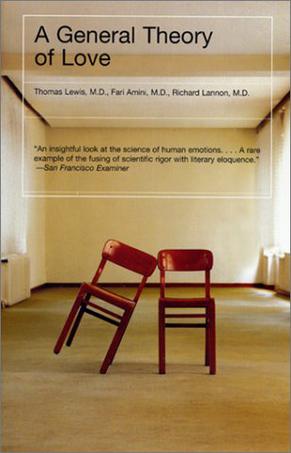
A General Theory of Love
Drawing comparisons to the most eloquent science writing of our day, three eminent psychiatrists tackle the difficult task of reconciling what artists and thinkers have known for thousands of years about the human heart with what has only recently been learned about the primitive functions of the human brain. The result is an original, lucid, at times moving account of the complexities of love and its essential role in human well-being. A General Theory of Love draws on the latest scientific research to demonstrate that our nervous systems are not self-contained: from earliest childhood, our brains actually link with those of the people close to us, in a silent rhythm that alters the very structure of our brains, establishes life-long emotional patterns, and makes us, in large part, who we are. Explaining how relationships function, how parents shape their child’s developing self, how psychotherapy really works, and how our society dangerously flouts essential emotional laws, this is a work of rare passion and eloquence that will forever change the way you think about human intimacy. -
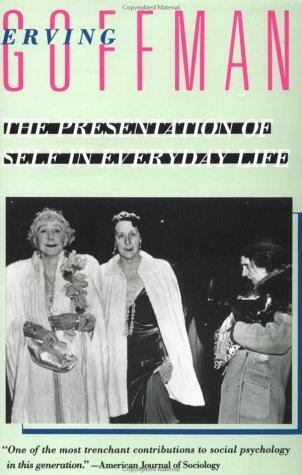
The Presentation of Self in Everyday Life
A study of human behavior in social situations and the way we appear to others. Dr. Goffman has employed as a framework the metaphor of theatrical performance. Discussions of social techniques are based upon detailed research and observation of social customs in many regions. -
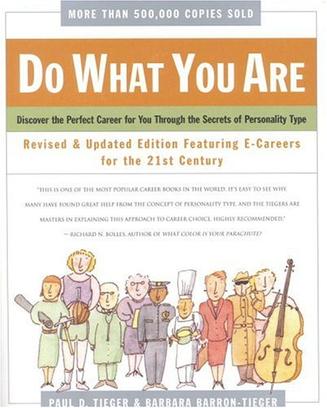
Do What You Are
For over 10 years Do What You Are has helped hundreds of thousands of people find the job that suits their personality type best. It lists the wide array of occupations that are popular with your personality type, including todays hottest career tracks in growth areas such as e-commerce, biotechnology, new media, and telecommunications. Throughout, the authors provide savvy career advice and highlight the strengths and pitfalls of each personality type with real-life examples. -
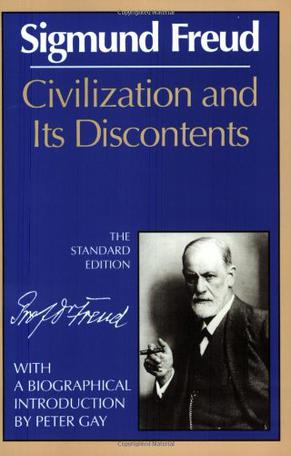
Civilization and Its Discontents
在线阅读本书 In what remains one of his most seminal papers, Freud considers the incompatibility of civilisation and individual happiness, and the tensions between the claims of society and the individual. We all know that living in civilised groups means sacrificing a degree of personal interest, but couldn't you argue that it in fact creates the conditions for our happiness? Freud explores the arguments and counter-arguments surrounding this proposition, focusing on what he perceives to be one of society's greatest dangers; 'civilised' sexual morality. After all, doesn't repression of sexuality deeply affect people and compromise their chances of happiness? --This text refers to the Paperback edition. -
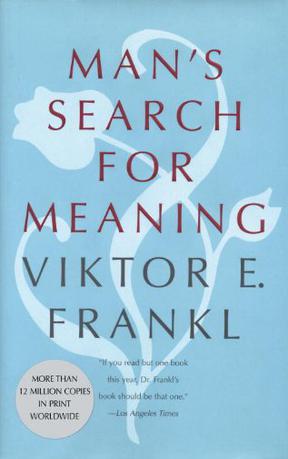
Man's Search for Meaning
We needed to stop asking about the meaning of life, and instead to think of ourselves as those who were being questioned by life-daily and hourly. Our answer must consist not in talk and meditation, but in right action and in right conduct. Life ultimately means taking the responsibility to find the right answer to its problems and to fulfill the tasks which it constantly sets for each individual. When Man's Search for Meaning was first published in 1959, it was hailed by Carl Rogers as "one of the outstanding contributions to psychological thought in the last fifty years." Now, more than forty years and 4 million copies later, this tribute to hope in the face of unimaginable loss has emerged as a true classic. Man's Search for Meaning --at once a memoir, a self-help book, and a psychology manual-is the story of psychiatrist Viktor Frankl's struggle for survival during his three years in Auschwitz and other Nazi concentration camps. Yet rather than "a tale concerned with the great horrors," Frankl focuses in on the "hard fight for existence" waged by "the great army of unknown and unrecorded." Viktor Frankl's training as a psychiatrist allowed him a remarkable perspective on the psychology of survival. In these inspired pages, he asserts that the "the will to meaning" is the basic motivation for human life. This simple and yet profound statement became the basis of his psychological theory, logotherapy, and forever changed the way we understand our humanity in the face of suffering. As Nietzsche put it, "He who has a why to live for can bear almost any how." Frankl's seminal work offers us all an avenue to greater meaning and purpose in our own lives-a way to transcend suffering and find significance in the act of living. -
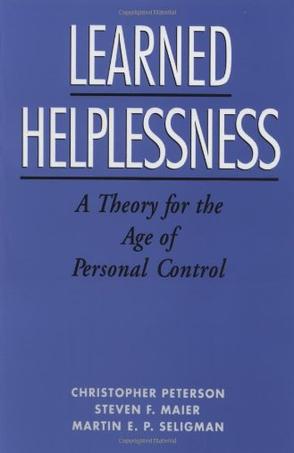
Learned Helplessness
The psychological syndrome of learned helplessness is a uniquely modern phenomenon, and has been applied to a variety of human problems such as inappropriate passivity or demoralization. The best-known application of learned helplessness has been an explanation of depression, although numerous other extensions have been made, most recently to physical illness and death. This timely and valuable work examines learned helplessness with reference to contemporary culture of individuality and personal control.